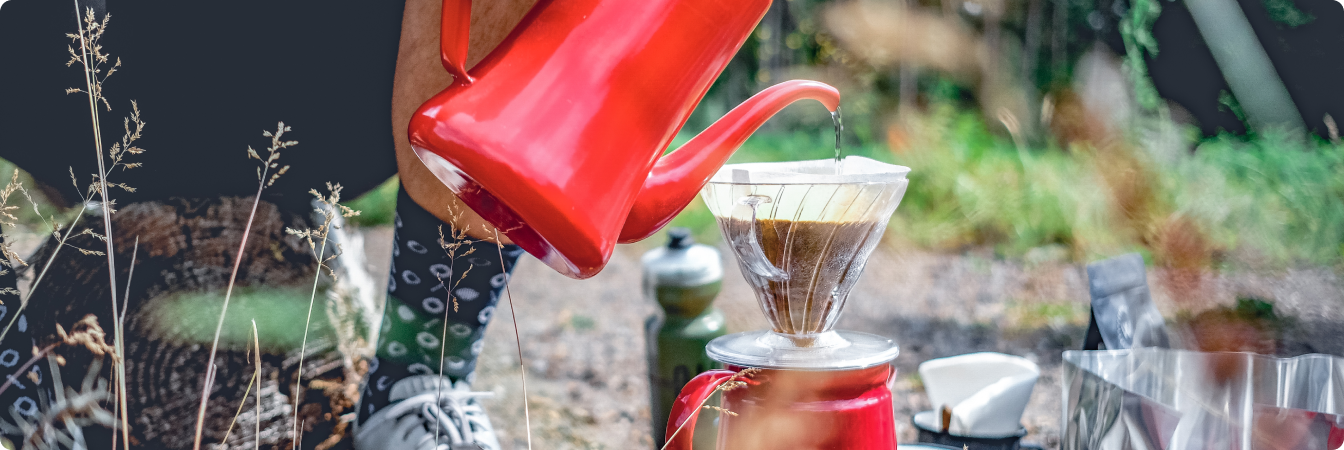Energising encounters
Stories that fuel our community.

Kabingara AA Espresso: Where To Drink It
We like to explore all avenues of potential tastiness with our coffees, test roasting them numerous times before they ever see time on bar. Sometimes during this process we discover a coffee...
Kabingara AA Espresso: Where To Drink It
We like to explore all avenues of potential tastiness with our coffees, test roasting them numerous times before they ever see time on bar. Sometimes during this process we discover a coffee...
Read more
Read more
Fresh Crops: Gachatha AA and Githiga AB
As Summer gives way to the Autumn we’re entering the end of Kenyan coffee season. To round off what has been a great year of Kenyan coffees for us we’ve...
Fresh Crops: Gachatha AA and Githiga AB
As Summer gives way to the Autumn we’re entering the end of Kenyan coffee season. To round off what has been a great year of Kenyan coffees for us we’ve...
Read more
Buying in Kenya.
Back in December last year, the coffee-buying world became aware of a political situation developing in the Nyeri region of Kenya that indicated this region’s coffee would not be for...
Buying in Kenya.
Back in December last year, the coffee-buying world became aware of a political situation developing in the Nyeri region of Kenya that indicated this region’s coffee would not be for...
Read more
Beyond the Barista.
Coffee lovers in the UK are a lucky bunch. A recent upswell in the appreciation of great coffee, all around the country, means that there’s never been a better time...
Beyond the Barista.
Coffee lovers in the UK are a lucky bunch. A recent upswell in the appreciation of great coffee, all around the country, means that there’s never been a better time...
Read more
Fresh Crops: Kabingara AA and Cult of Done v. 14
We’re very pleased to introduce a couple of new coffee offerings to the range. First up, the Kabingara AA from Kiringaya, Kenya. This coffee was harvested in December 2012 and...
Fresh Crops: Kabingara AA and Cult of Done v. 14
We’re very pleased to introduce a couple of new coffee offerings to the range. First up, the Kabingara AA from Kiringaya, Kenya. This coffee was harvested in December 2012 and...
Read more
Fresh Crops: Gichathaini AA
Another coffee that we're very proud to be showcasing this year, and one that is really standing out on cupping tables and domestic kitchen benches alike, is the Gichathaini AA, Kenya....
Fresh Crops: Gichathaini AA
Another coffee that we're very proud to be showcasing this year, and one that is really standing out on cupping tables and domestic kitchen benches alike, is the Gichathaini AA, Kenya....
Read more
Fresh Crops: Thunguri AA
This is a coffee we're really excited about. Over the last couple of months, we've spent a good amount of time in Africa, travelling between Kenya, Ethiopia and Rwanda visiting...
Fresh Crops: Thunguri AA
This is a coffee we're really excited about. Over the last couple of months, we've spent a good amount of time in Africa, travelling between Kenya, Ethiopia and Rwanda visiting...
Read more
Untapped potential
Have you tried:
Untapped potential
Have you tried:
Example product title
Example product title

Subscribe to our newsletter
More energising updates
Join our collaborative coffee community and enjoy important news and exclusive offers.


